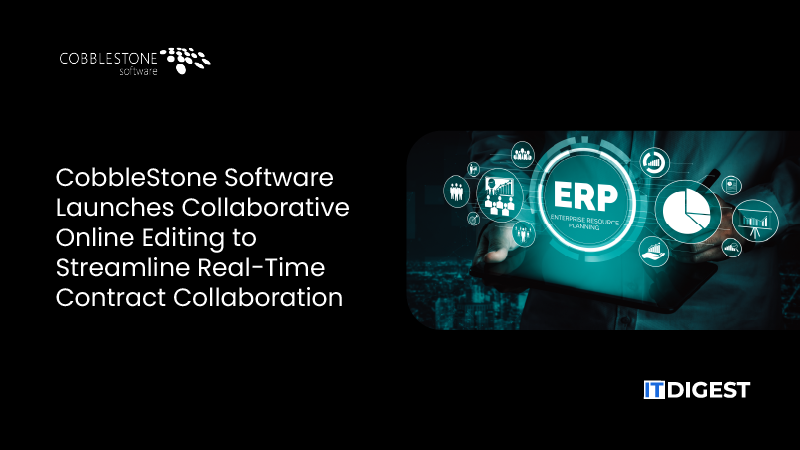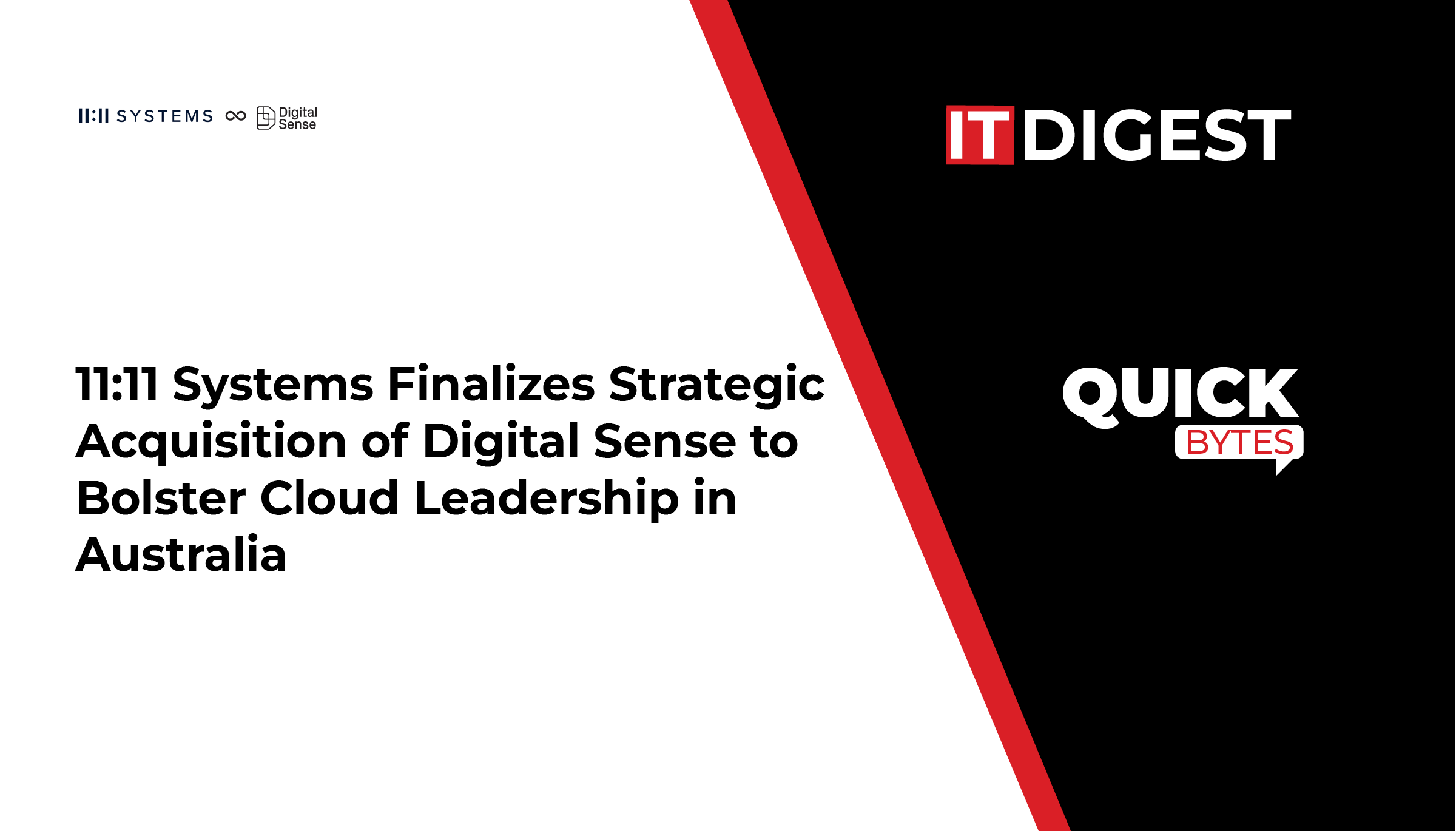IPinfo, the internet data company, announced the launch of IPinfo Core, a new product that delivers enhanced IP context at an entry-level price. IPinfo Core combines city-level geolocation with five new privacy and connection-type signals, enabling users to make smarter, faster decisions about how much they can trust an IP’s reported location.
IPinfo Core includes flags — such as is_mobile (mobile carrier IP detection) and is_anonymous (VPN, proxy, Tor, or relay detection) — that provide greater visibility into how IP addresses behave and what they represent. This level of context was previously only available in IPinfo’s enterprise plans.
“Geolocation is useful, but it’s only part of the picture,” said Ben Dowling, CEO of IPinfo. “An IP might show London, but if it’s actually a VPN server, that location data becomes misleading for fraud prevention or compliance decisions. Our entry-level plan previously only included basic geolocation and ASN data. IPinfo Core provides a deeper level of context so users know how to make decisions considering IP geolocation data. This gives developers more IP context than ever.”
Also Read: ZOO Unveils New Creative Arm: ZOO Design Studio
With 16 enriched IP attributes, IPinfo Core transforms raw IPs into actionable data that power use cases including content localization, fraud/risk intelligence, network optimization, and regulatory compliance.
Key Features of IPinfo Core:
- Precise, accurate city-level data backed by IPinfo’s global Probe Network
- Privacy detection for VPNs, proxies, Tor nodes, and relays
- Connection-context flags to identify mobile, satellite, hosting, and anycast IPs
- ASN information about ownership, operation location, and type of network
- Three delivery options: API access, downloadable database, or Snowflake Marketplace
IPinfo Core Use Cases Include:
- Fraud and account takeover defense: Detect risky activity by combining location mismatches with privacy and network-type signals
- Ad targeting and attribution: Use precise city and ASN data to refine audience segmentation and measure campaign effectiveness
- Geo-fencing and rights compliance: Enforce access rules based on location and privacy flags to comply with content licensing
Source: Businesswire


































